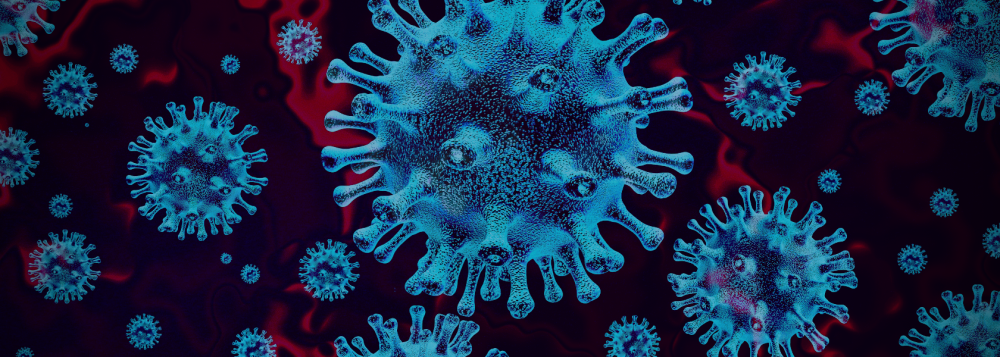Getting ready for the second wave of COVID-19
Daily new cases of COVID-19 continue to rise in Kazakhstan. During the autumn-winter period, the number of respiratory infections typically rises, however this year the coronavirus infection will be a compounding factor. Botagoz Kaukenova, Medical doctor, an alumna of NU School of Medicine, and Medsupport.kz volunteer shared her tips on how to get ready for the second wave of coronavirus.
Once infected can the person get the virus again?
Yes, but how people are affected by reinfection is not well studied or understood. For example, the second time they are diagnosed – are symptoms and course of the disease easier or more difficult to tolerate? We do not yet know what factors of reinfection depends on. Therefore, following all recommended safety measures is strongly recommended even to those who have already recovered once. The rules are simple – wear masks, wash your hands, maintain physical distance, and of course, avoid crowds.
What else can be done?
As it is, the pandemic’s summer period clearly demonstrated the importance of psychological health. Isolation and the shift to remote work interfered with people’s regular daytime schedules because they no longer were going in to the office at a set time. So if you continue working from home, try to follow these scheduling tips:
-get up and go to sleep at the same time,
-eat your breakfast, lunch, and dinner at the table. Keep your regular mealtime schedule. Avoid fast food and excessive snacking;
-continue to maintain relationships with your friends and relatives especially if you live alone. To do this in a safe way, plan video talks;
-try to make family time more pleasant in lockdown by adding some activities to do together like karaoke, dancing, book reading, or film watching;
-For those who live alone, along with video calls keeping in touch with many friends and family, you can build a social circle or “bubble” of people to meet in person. These should be people who are also social distancing. Try to limit the group to 5-6 people who agree to follow the rules and only physically meet with those in this social circle or “bubble”.
What to do before the second wave?
First, if you suffer from a chronic condition or disease make sure you are following your treatment plan and controlling your symptoms. Go to your doctor or therapist, and if you haven’t done it yet, please get the appropriate therapy now. According to the statistics, a great amount of Covid-19 cases happened to people with chronic diseases. You should ask your doctor if the list of medicines and the prescribed daily doses are correct or if they need to be modified. Do not stop your treatment, continue taking your medicines, and following your treatment plan even if you are feeling good.
Check and prepare your first aid kit.
Go to the pharmacy and buy the following:
-some medicine for fever or high temperature
-cough medicines
-nasal spray or wash
-thermometer, and if possible, a pulse oximeter
-medicine for nausea and diarrhea
Carefully read all drug instructions, paying attention to the proper dosages appropriate for you and your family (i.e., children’s dosages are often smaller). Read the contraindications and be aware of possible interactions with other drugs.
How to boost the immune system?
Unfortunately, it is not always possible to boost one’s natural immunity level. So how can you help your body perform at more optimal levels? There are three factors for good immunity: healthy food, sports activities, and good sleep. Limit eating fast and fatty foods, and sweets. Try to do sports daily for at least 10-15 minutes. Good sleep is important: sleep at night and stay up during the day. It is difficult to say how many hours of sleep adults need, as it depends on the person. Sleep until you feel well-rested. For many people, it is about 6-8 hours.
Мedsupport.kz is an informational platform where translated scientific studies are published. The threshold for posting information on the site is very rigorous – the information must be evaluated for scientific accuracy, importance, medical efficacy, reliability of the source, etc. Volunteers translate scientific articles on coronavirus from highly respected and established sources such as nature.com and thelancet.com. There are about ten reliable journals and resources from which the volunteers regularly source material. The volunteer scientists also translate and compare different countries’ current treatment protocols with Kazakhstan’s.


